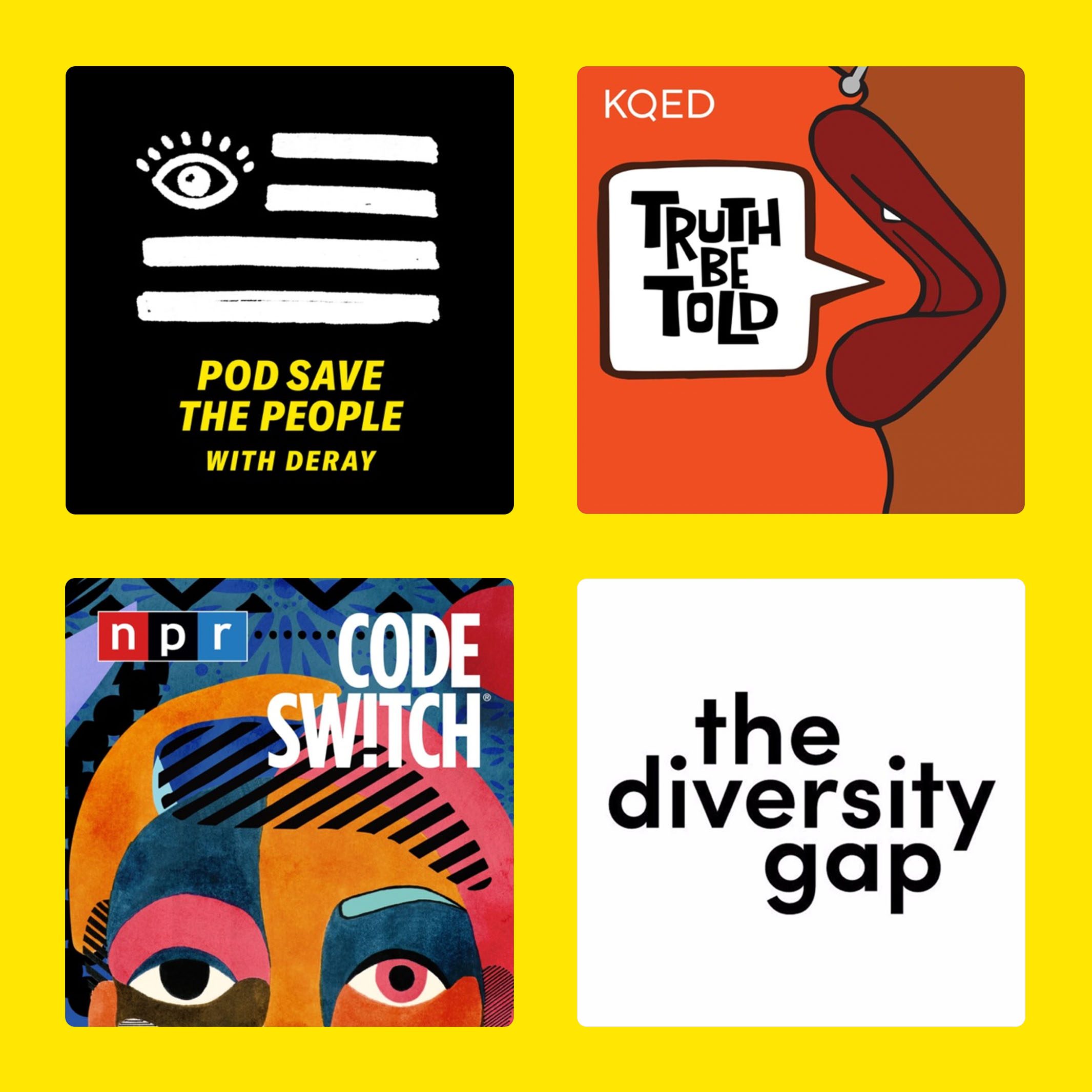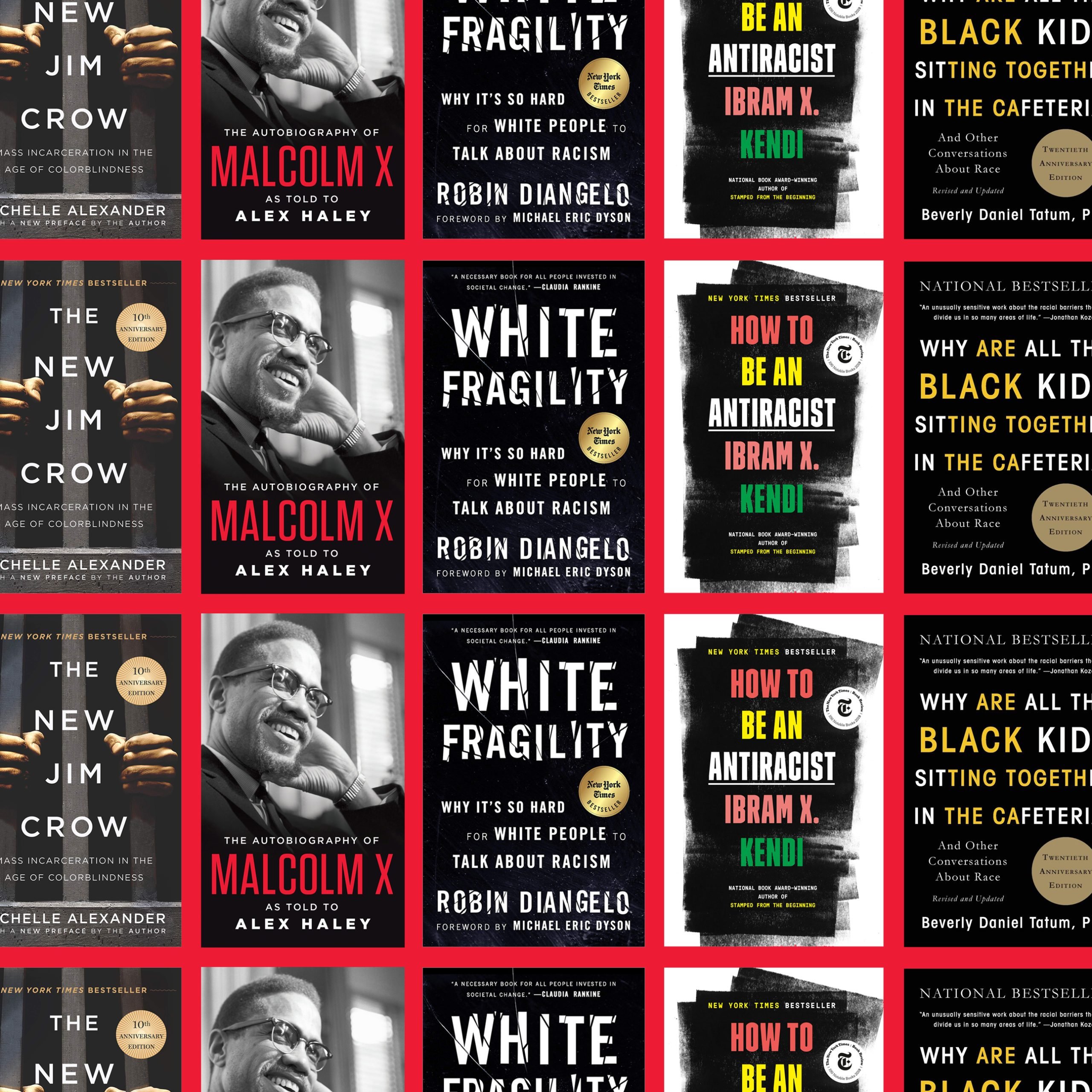When the 13 original colonies declared their independence from Great Britain on July 4, 1776, Black Americans remained in chains. Their enslavement continued even after the colonies won their freedom in the American Revolutionary War in 1783. They remained slaves for another 82 years. So, this year, while most Americans are marking the birthday of the United States with burgers, hot dogs, and fireworks, many black Americans will already have celebrated their independence the previous month, on Juneteenth. What is Juneteenth? Also known as Freedom Day and Emancipation Day, Juneteenth may not be the national holiday Martin Luther King Jr.’s birthday is, but it’s just as important, maybe even more so. Says Reverend Ronald V. Meyers, chairman of the National Juneteenth Observance Foundation, “[It’s] a time of celebration but also a time of reflection, healing, and hopefully, a time for the country to come together and deal with its slave legacy.” Want to be a better ally for the Black community? Here are 14 small ways you can fight racism every day.
What is Juneteenth?
Although many Americans may not even be aware of it, Juneteenth recognizes a pivotal turning point in American history. The most popular celebration of Black emancipation in the United States after the Civil War, it commemorates June 19, 1865, the day Union General Gordon Granger, accompanied by approximately 1,800 federal troops, arrived in Galveston, Texas, formerly part of the Confederate States of America, to take over the state and enforce Abraham Lincoln’s Emancipation Proclamation from 1863. The name itself is, of course, a clever mash-up of the month and the date (“June” + “the nineteenth”). Today, 47 states and the District of Columbia acknowledge Juneteenth as a state holiday or special day of observance, usually on the third Saturday in June. Don’t miss these 14 rarely seen photos of Martin Luther King, Jr.
What did General Granger do?
 Upon his arrival in Galveston, he issued General Order No. 3 at the Headquarters District of Texas. It declared, “The people of Texas are informed that, in accordance with a proclamation from the Executive of the United States, all slaves are free. This involves an absolute equality of personal rights and rights of property, between former masters and slaves and the connection heretofore existing between them, becomes that between employer and hired labor.” It went on to advise Freedmen to remain, “at their present homes and work for wages,” as they would not be permitted to linger at military posts, and idleness would not be supported there or elsewhere. Now more than ever, we all need these 25 powerful quotes that speak volumes in the fight against racism.
Upon his arrival in Galveston, he issued General Order No. 3 at the Headquarters District of Texas. It declared, “The people of Texas are informed that, in accordance with a proclamation from the Executive of the United States, all slaves are free. This involves an absolute equality of personal rights and rights of property, between former masters and slaves and the connection heretofore existing between them, becomes that between employer and hired labor.” It went on to advise Freedmen to remain, “at their present homes and work for wages,” as they would not be permitted to linger at military posts, and idleness would not be supported there or elsewhere. Now more than ever, we all need these 25 powerful quotes that speak volumes in the fight against racism.
Where did the Emancipation of Proclamation fit in?
When Abraham Lincoln issued the Emancipation Proclamation on January 1, 1863, it did not free a single slave in the Union. At the time, the Civil War had been dragging on for nearly two years, and the proclamation technically freed slaves only in areas of the Confederacy that were under Union control. It was a largely symbolic gesture that signaled a shift in the purpose of the war, from being strictly about states’ rights and preserving the Union to also including the issue of slavery. The passage and ratification of the 13th Amendment on December 6, 1865, eight months after the assassination of Lincoln, officially abolished slavery throughout the entire country. Find out more about the 13th Amendment and the historical implications of the Emancipation Proclamation.
Why didn’t the end of the Civil War immediately free all the slaves?
When Confederate General Robert E. Lee surrendered to General Ulysses S. Grant at the Appomattox Court House in Virginia on April 9, 1865, the Civil War officially ended, but the cease-fire freed slaves only in the Confederate states, per the decree of the Emancipation Proclamation. Even then, more than a century before the arrival of the 24-hour news cycle, word of the agreement took time to reach some soldiers in the South. The Army of the Trans-Mississippi, for instance, didn’t formally surrender until May 26. Tragically, the U.S. suffered more military fatalities during the Civil War than any war before or since.
Why was Texas so significant?
The state represented slavery’s last stand in the South. After Lincoln issued the Emancipation Proclamation, many slaves in areas where fighting was taking place, fled behind Union lines as the U.S. military advanced into the South, gaining their freedom. Since few major battles had been waged in Texas, many slave owners from other states fled there with their slaves, seeking protection of their human property. In historian Leon Litwack’s book Been in the Storm So Long: The Aftermath of Slavery, former slave Allen Manning recalled: “It look [stet] like everybody in the world was going to Texas.” Even after Granger’s arrival effectively freed the state’s 250,000 slaves, many owners kept this information from their slaves until the close of the harvest season. FYI: Here’s how to support the Black Lives Matter movements and become anti-racist.
How was Juneteenth born?
Some slave owners didn’t give up easily. Many slaves who acted on Granger’s announcement ended up paying with their lives. “You could see lots of n—— hangin’ to trees in Sabine bottom right after freedom, ’cause they cotch ’em swimmin’ ‘cross Sabine River and shoot ’em,” former slave Susan Merritt recalled in Litwack’s book. Those who persevered celebrated, and one year after slaves in Texas were declared free by Granger’s military order, the first Juneteenth celebration was held. As the years passed and Black people migrated in and out of Texas, the tradition spread. In 1979, Texas became the first state to make Juneteenth an official holiday.
How did 19th-century Black people celebrate Juneteenth?
Readings of the Emancipation Proclamation, religious ceremonies, the singing of Negro spirituals, and, of course, traditional African-American food marked those early occasions. Black people dressed in their best clothing to celebrate their independence day. Whites in Southern states tried to intervene by forbidding Blacks to use their public spaces, so Black people congregated around rivers and lakes and eventually were able to raise enough money to buy celebration spaces such as Emancipation Park in Houston and Booker T. Washington Park in Mexia. Washington is famous for, among many other things, being the first black American to dine at the White House.
What about Juneteenth today?
 It is celebrated in the 21st century in much the same way it was celebrated from the beginning, with many now wearing red, black, and green, in honor of the Pan-African flag. Barbecue chicken and meat, collard greens, black-eyed peas, sweet potatoes, watermelon, red soda water, and tea cakes, the official Juneteenth dessert, are all on the menus. Episodes of the ABC TV series black-ish and the Netflix series #blackAF have been devoted to Juneteenth. A number of organizations, including the National Juneteenth Observance Foundation, are pushing for it to become an unpaid national holiday, like Flag Day. “We may have gotten there in different ways and at different times,” the foundation’s founder and chair Rev. Ronald Meyers told Time magazine in 2008, “but you can’t really celebrate freedom in America by just going with the Fourth of July.” You can get find out more about his organization’s efforts at nationaljuneteenth.com.
It is celebrated in the 21st century in much the same way it was celebrated from the beginning, with many now wearing red, black, and green, in honor of the Pan-African flag. Barbecue chicken and meat, collard greens, black-eyed peas, sweet potatoes, watermelon, red soda water, and tea cakes, the official Juneteenth dessert, are all on the menus. Episodes of the ABC TV series black-ish and the Netflix series #blackAF have been devoted to Juneteenth. A number of organizations, including the National Juneteenth Observance Foundation, are pushing for it to become an unpaid national holiday, like Flag Day. “We may have gotten there in different ways and at different times,” the foundation’s founder and chair Rev. Ronald Meyers told Time magazine in 2008, “but you can’t really celebrate freedom in America by just going with the Fourth of July.” You can get find out more about his organization’s efforts at nationaljuneteenth.com.
Read on for 50 facts about America that most Americans don’t know.
The post What is Juneteenth and Why Do We Celebrate It? appeared first on Reader's Digest.
from Reader's Digest https://ift.tt/3cNnFwZ



Comments
Post a Comment